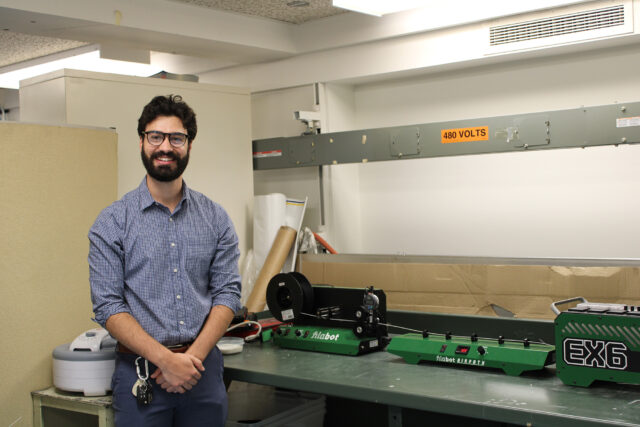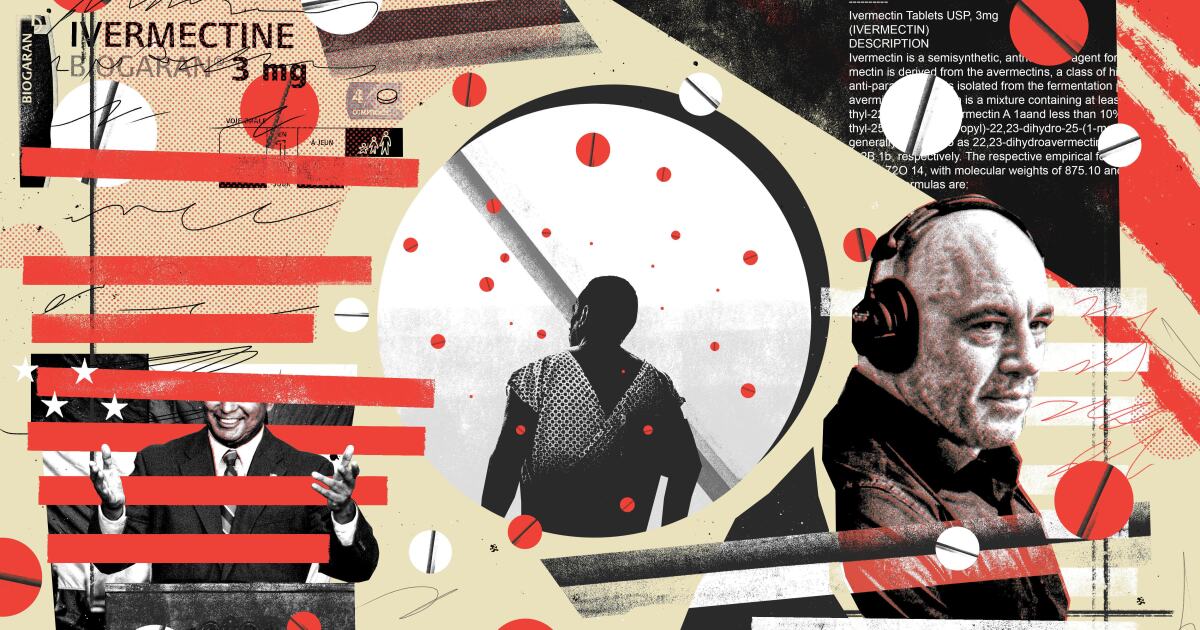An everyday lunch at Pierpont Commons transformed U-M’s sustainable 3D printing efforts. Peter Fabe, a Ph.D. student in the College of Engineering, pondered if a compostable fork could spark this innovation. Since 2014, hundreds of U-M students have explored sustainability ideas, turning the campus into a living-learning lab for future leaders.
Fabe, inspired by his meal, envisioned compostable utensils as a sustainable material for 3D printing. These utensils, often made from polylactic acid (PLA), bamboo, and Forest Stewardship Council certified paper, could be repurposed for this new application. Some incorporate sugarcane bagasse, a fibrous byproduct used in compostable packaging.

Fabe noted that PLA utensils from certified compostable sources are accepted by composting facilities and can be recycled into 3D printing material. His challenge was creating connections to divert campus waste from landfills.
In fall 2024, Fabe and Michigan Dining piloted a program collecting compostable utensils from campus to recycle into filament for 3D printers.
From Idea to Action
The seed of Fabe’s idea sprouted during a meal at Pierpont Commons. A fascination with 3D printing began when he and a friend experimented with a 3D printer, which led him to question the environmental waste of his projects. At the University of Dayton, he started an organization dedicated to 3D printing, recognizing PLA plastics’ role in this field.
Discovering the potential of compostable utensils as a low-cost PLA source, Fabe pursued a program to extend PLA’s lifecycle by collecting and recycling campus scraps.

Campus Connections
Fabe joined U-M in 2024 to focus on sustainable additive manufacturing. Shortly after realizing the potential of compostable utensils, he connected with Alex Bryan, director of Student Life Sustainability, who introduced him to Keith Soster, Michigan Dining’s sustainability director. This collaboration led to securing funding from the Planet Blue Sustainable Initiative Fund, which supported equipment purchases like a grinder and extrusion system.
Soster’s mentorship and connections helped Fabe refine his proposal, providing additional resources such as potential utensil collection sites. The funding supports a public art display outside Pierpont Commons, encouraging students to explore sustainability and reuse items creatively.

A Sustained Effort
Michigan Dining’s support was crucial to Fabe’s project’s success. Dining staff collected used compostable utensils from Fireside Cafe, ensuring they were sorted and cleaned for recycling. This collaboration simplified Fabe’s research, allowing him more time to focus on turning these utensils into 3D-printing stock.
Making an Impact
Michigan Dining’s initiatives like trayless dining have helped exceed the campus goal of a 40% diversion rate by 2025, reaching 58%. Fabe’s project contributes to this progress by encouraging innovative thinking and reducing single-use items. He envisions creating art installations to model waste and using recycled materials for construction preforms.
Fabe hopes Mechanical Engineering students will gain 3D printing experience using recycled dining hall materials by next winter. “I hope my project inspires other students to think about how they can come up with sustainability solutions themselves,” he said.
—
Read More Michigan News









